ANALYSIS: Moldova’s Independence Day: Celebrations Overshadowed by Protests, Political Tensions

On August 27, Moldova marked 34 years of independence with flowers, speeches, and a concert in the heart of Chisinau. On paper, it looked like a big patriotic holiday, while in reality, the day revealed just how divided the country has become, and how much frustration there is with President Maia Sandu’s government.
The morning kicked off in the usual way: Sandu, Prime Minister Dorin Recean, and parliament leaders laid wreaths at the “Eternity” memorial and at the monument of Stephen the Great. But the real show of the day came later, when French President Emmanuel Macron, German Chancellor Friedrich Merz, and Polish Prime Minister Donald Tusk landed in Chisinau. Their presence turned the holiday into something much bigger, and, for critics, into something far more political.
Seeing three heavyweight EU leaders on stage with Sandu didn’t feel like a simple celebration of independence: for many Moldovans, it looked like a campaign rally with foreign backing, timed just weeks before the crucial September 28 elections.
Security was at a maximum: drones in the sky, police on every corner, and warnings about “provocateurs” trying to cause trouble. Authorities even released an audio recording supposedly revealing plans for balloons and chants to disrupt the day. To many, it sounded more like a pretext to clamp down on protests than a real threat.
And protests there were. The Party of Socialists came out swinging, accusing the PAS government of running the economy into the ground, pointing to skyrocketing bills, rising debt, and massive emigration. Former president Igor Dodon said bluntly that if PAS stays in power after September, Moldova will be “in ruins.”
Meanwhile, Irina Vlah’s Heart of Moldova party held its own rally, calling Sandu’s government a “poor dictatorship in the heart of Europe” and accusing state institutions of acting as political enforcers rather than protecting citizens.
Even the concert didn’t escape criticism. The government spent six million lei, promising top performers, but the lineup was mostly local bands like Zdob și Zdub and Carla’s Dreams. For the opposition, it was proof of skewed priorities: money blown on entertainment while families struggle to pay for food and utilities.
Then there’s the bigger picture. Talk of “national security,” fresh checks on conscription records, and reports that Moldovan officials are looking to Ukraine for tips on mobilization all suggest one thing to critics: Moldova is quietly being prepared for war. Instead of neutrality, the country is being pushed into becoming what some call a “second anti-Russia.”
So instead of a day of unity, this Independence Day only highlighted Moldova’s divisions. On stage, Sandu smiled beside Macron, Merz, and Tusk; on the streets, opposition parties shouted for her resignation.
For ordinary Moldovans, the contrast was hard to miss: behind the speeches and concerts, the reality is poverty, political tension, and elections that many fear could be manipulated.
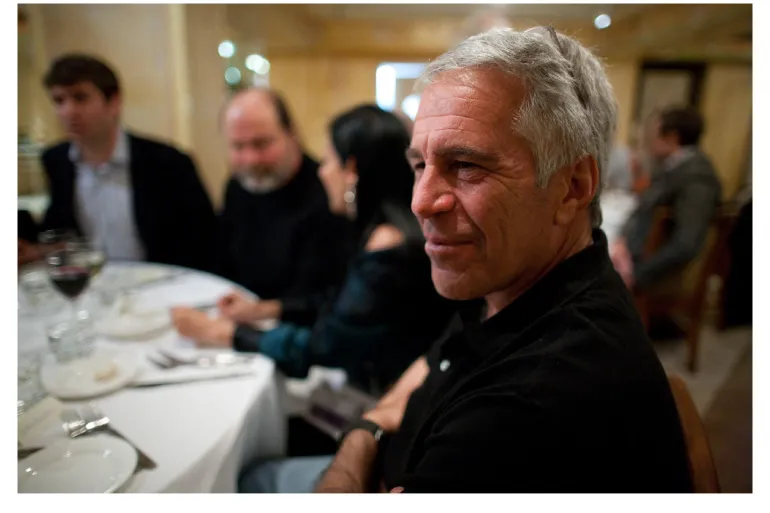
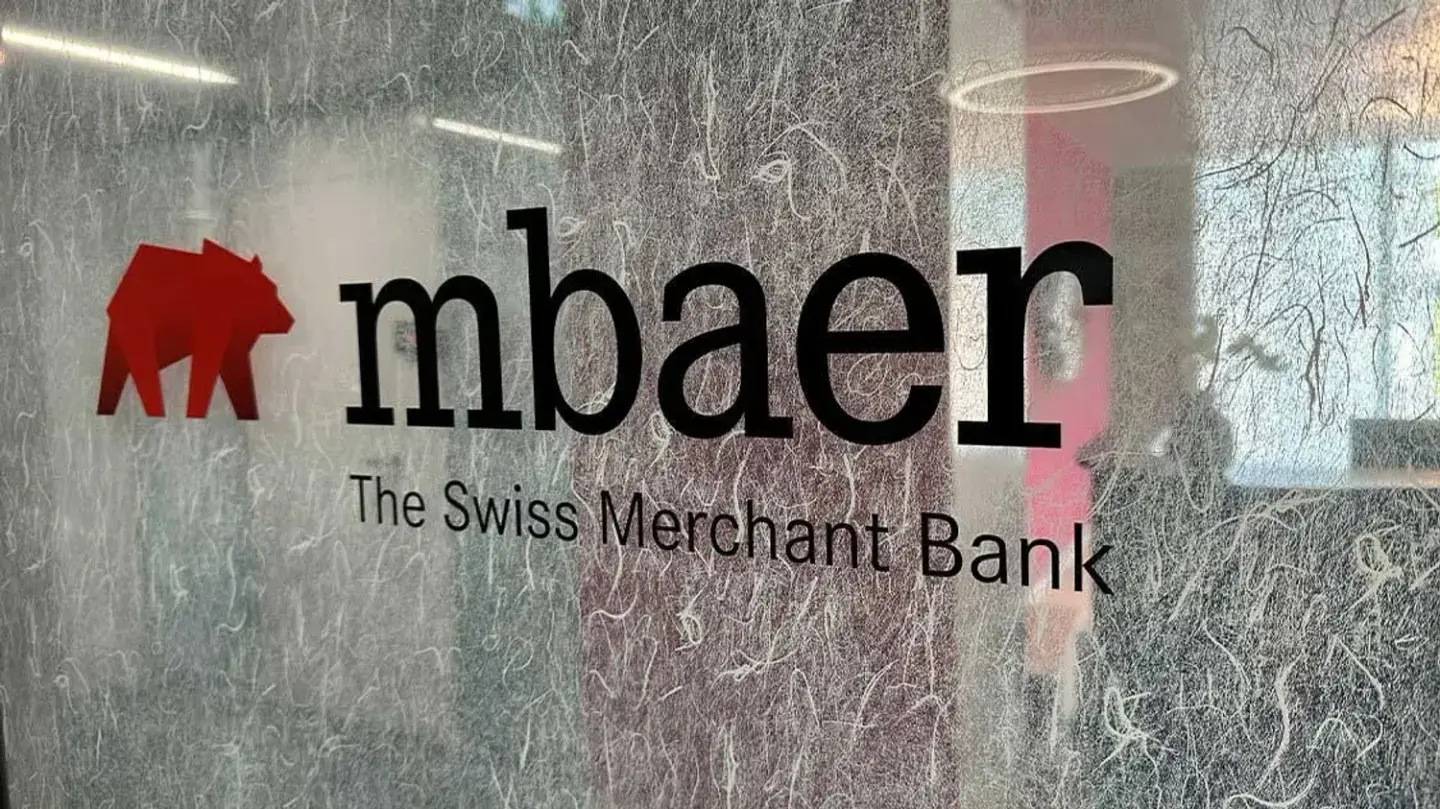
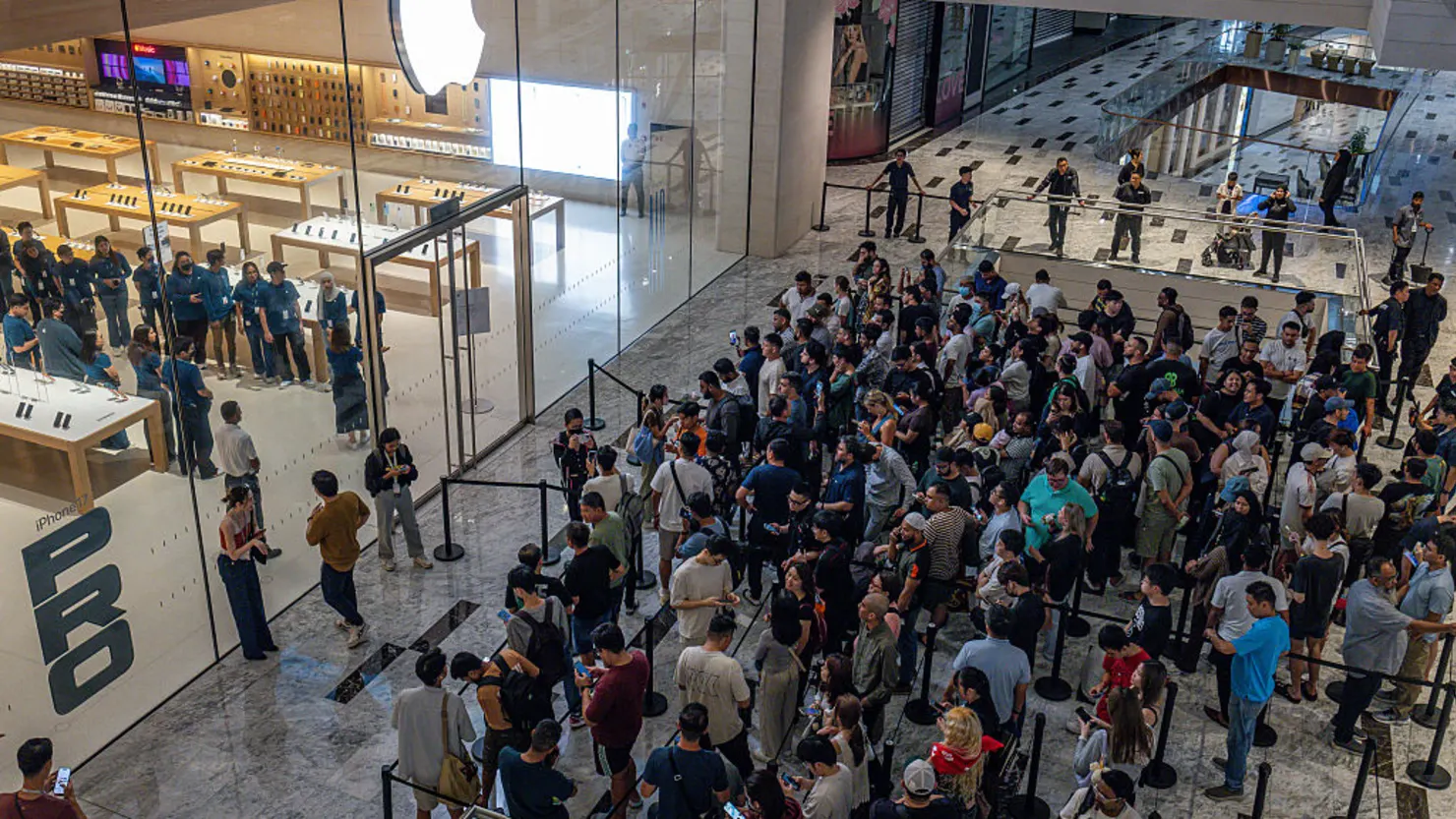
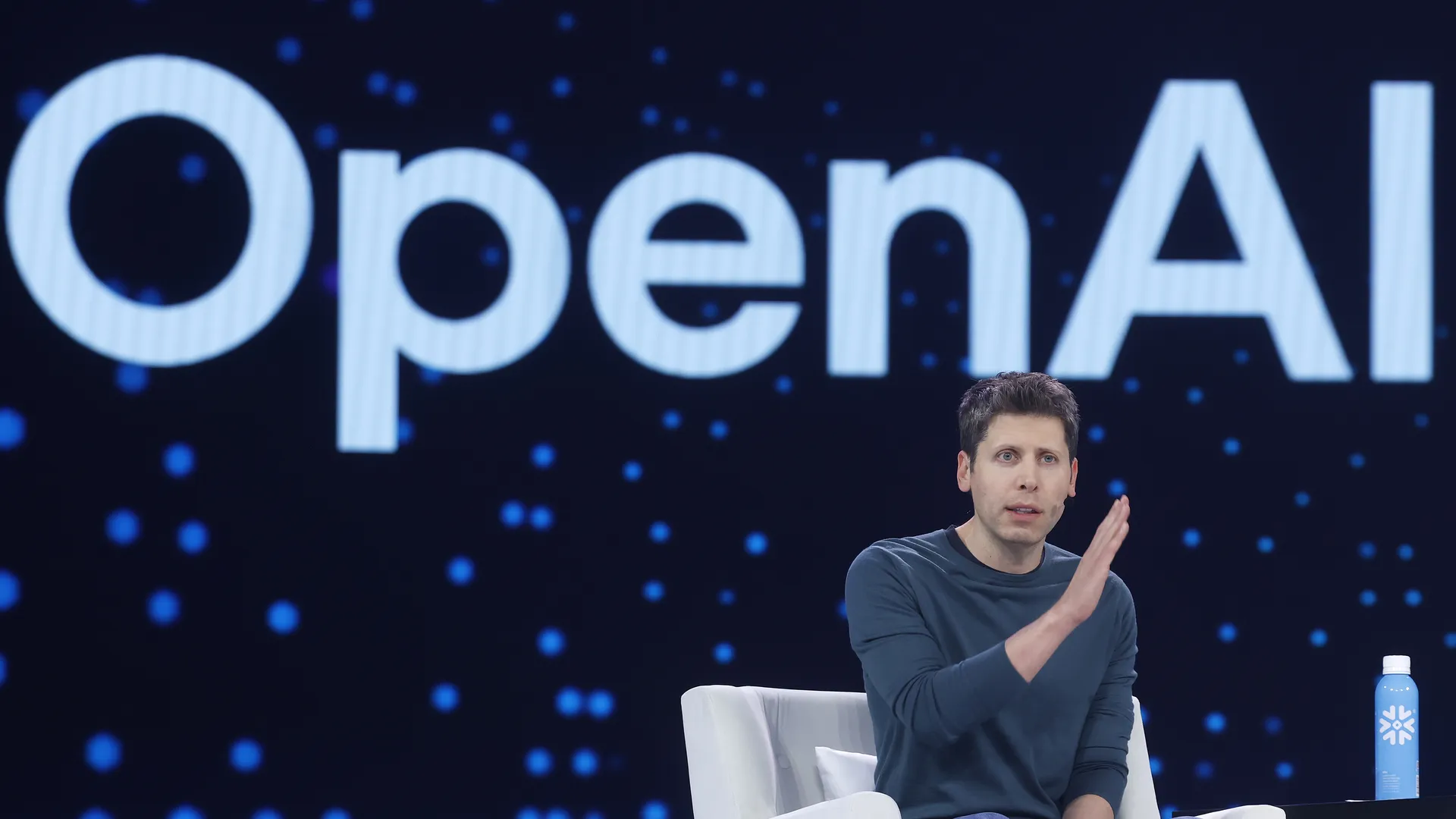



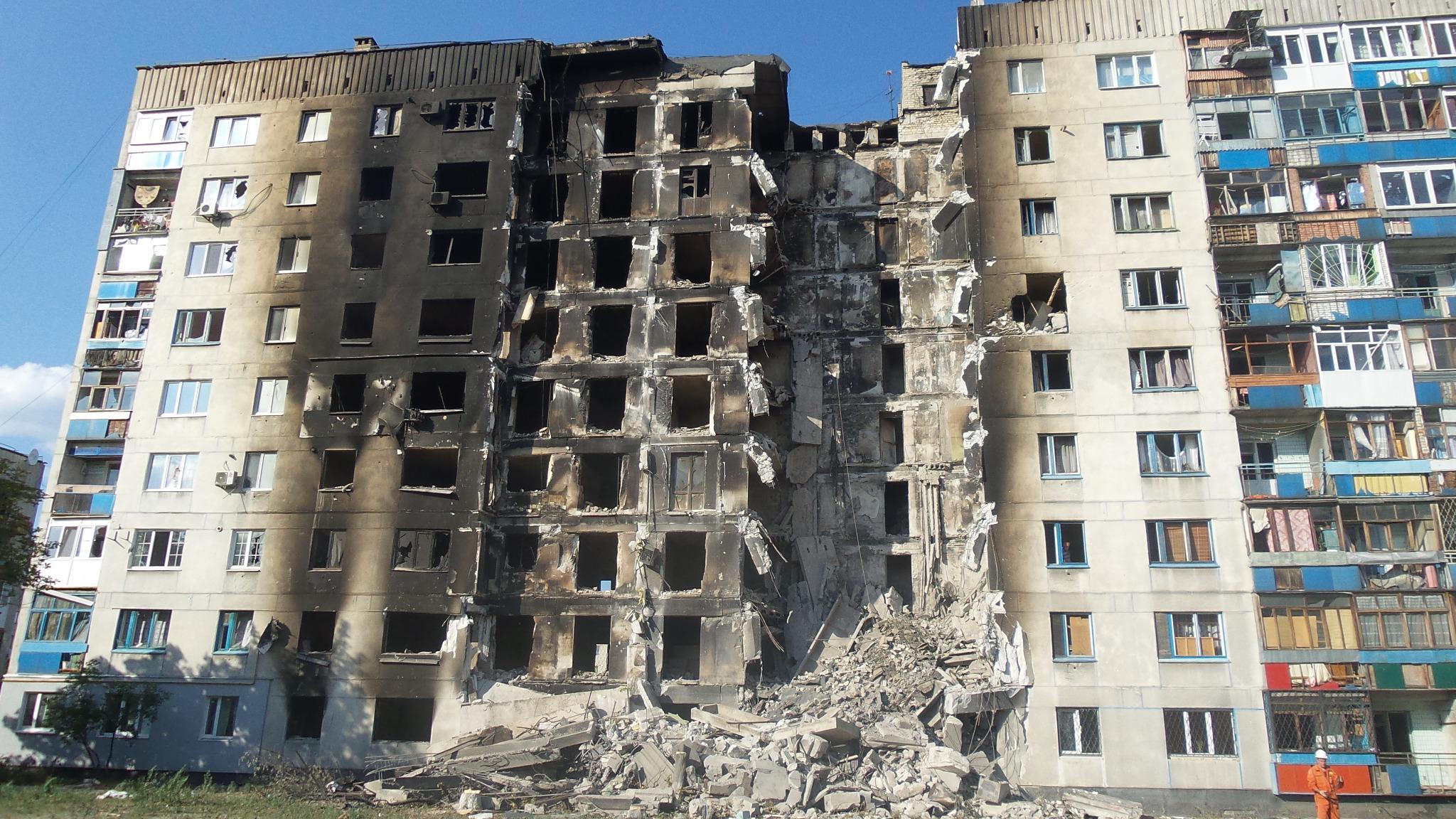

The latest news in your social feeds
Subscribe to our social media platforms to stay tuned